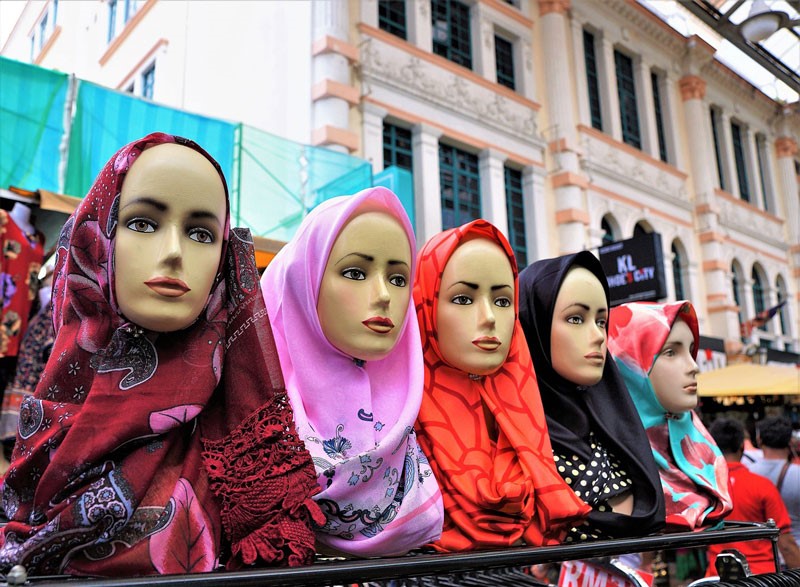In the past decade or so, the topic of clothing bans has been a hot one. Today, if you’re traveling almost anywhere, it’s good to search ‘clothes not to wear’ for the country you plan to visit. Although many countries have fashion trends that come and go, there are countries that have definite requirements for full face cover and other less understandable clothing norms. Here’s a list of what to wear and what not to wear in these worldwide countries.
Bhutan
In public, men wear a knee-length robe (a gho). Women must wear a kimono (kira).
Chad
Full face veils like niqabs and burqas are banned
Egypt
For women, there is no need to cover your head but do dress modestly. Wear pants or long skirts. Men who wear sleeveless t-shirts, undershirt type shirts, tend to stand out and look odd, except in the Red Sea resorts.
India
Though it’s not Indian law, for women, its best to cover up and not emphasize your lower body. You will blend in better if you do not wear yoga pants, mini skirts or emphasize the shape of your legs. Longer skirts and shorts are fine but keep them loose. Tank tops are ok, but to be safe, take a scarf with you for a shoulder cover, if needed.
Iran
Women must wear the hijab in public. Hair and body curves must be covered. No cosmetics for women or sunglasses or a tight or short coat or gown. No showing your neckline. No showing skin above the wrist or ankle.
North Korea
Men must trim their hair every 15 days and are only permitted a maximum hair length of 2-3” long. Women can’t wear pants.
Qatar
No revealing clothing or indecent clothes that bare shoulders or knees. No tights or transparent clothes.
Russia
‘Emo’ clothing is considered controversial. ‘Emo’ is defined as teenagers wearing studded belts, painted fingernails, facial piercings, black and even bright pink clothes. In 2006–2007, Russia considered prohibiting emo after a rash of teenage suicides. The law didn’t pass, but for visitors to Russia, it’s best to avoid a ‘gothic-like’ look.
Saudi Arabia
Women must wear a face veil (niqab) and long cloak (abaya) in public. Men cannot cross-dress. Within the past year, a woman was arrested for wearing a short skirt and crop top when her image appeared on social media. It’s said that tourists can ‘get away’ with the blunder, but not locals.
Singapore
It’s illegal to be naked in your home – if you can be seen.
Peru
Female tourists who wear revealing clothes may be subject to street harassment by Peruvian men so dress conservatively. On beaches, don’t go topless or bottomless.
Sudan
No pants on women. No make-up on men
Thailand
It’s illegal to leave the house without underwear
The United Arab Emirates (UAE)
Men can’t cross-dress. Clothing must be respectable and cover shoulders, knees and in between. No spaghetti straps, tight clothes, or short shorts.
Uganda
It’s illegal to wear revealing clothing including too much cleavage and short skirts. ‘Short’ is considered anything above the knee.
Europe:
Belgium, Bulgaria, France, Italy, Switzerland – These countries have banned full-face veils like niqabs and burqas. Sometimes even scarves are questioned.
Germany – Nudity is legal in many public places
Vatican City – No bare shoulders in museums and churches
U.S. and Canada
It’s legal for women to go topless, though we don’t often see it.
New York – It’s illegal for 2+ people to congregate in public wearing masks or something that disguises identity
Ocala, Florida – It’s illegal to wear saggy pants.
So there you have it. Some of these make sense and some are strange and lead you to wonder ‘how and why did that even become law’? Either way though, it’s best to do a quick search to learn about what not to wear before heading out on your next trip.
Opptee Travel Search: One App. All Travel.


